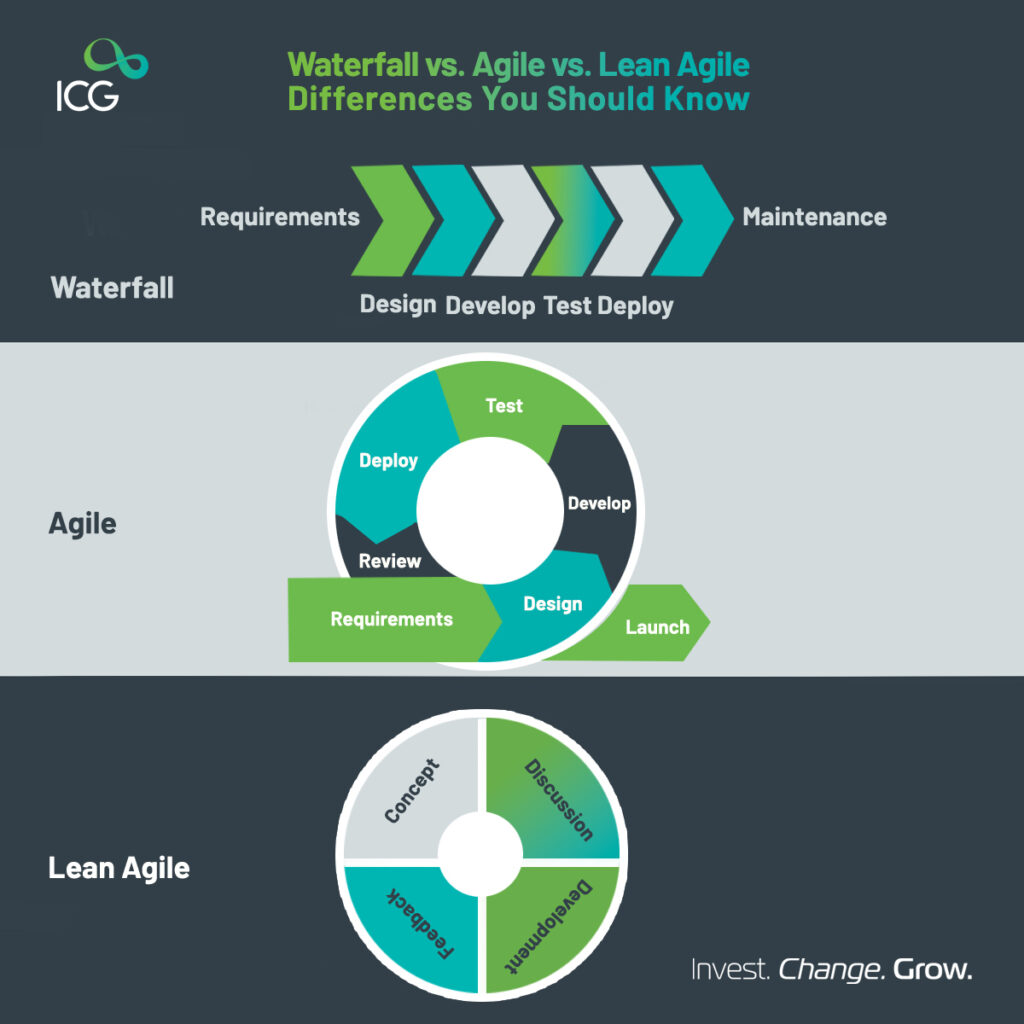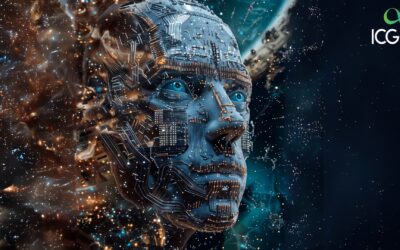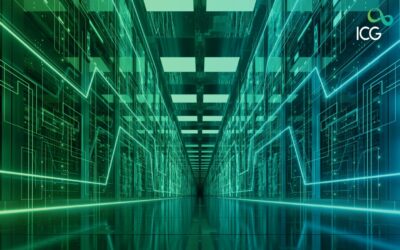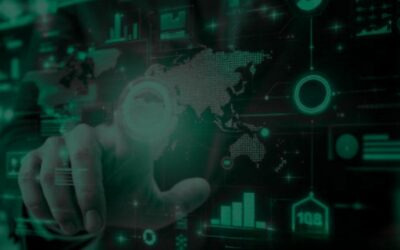In today’s fast-paced business environment, organizations must be flexible and adaptable to remain competitive. The ability to pivot quickly and respond to market changes is critical in achieving success. As such, project management methodologies have evolved to meet the changing needs of businesses. In this blog, we will explore the benefits of Lean Agile and why it is the way to go for your organization, as we compare it to traditional methodologies like Waterfall and Agile.
Overview and Differences
Let’s start by comparing Lean Agile with Waterfall, which is a traditional project management methodology. Waterfall is a linear and sequential approach to project management, where each phase of the project must be completed before moving onto the next one. While Waterfall provides a clear project plan and timeline, it lacks flexibility and does not accommodate changes that may arise during the project. This rigidity can lead to delays and cost overruns, which can ultimately harm the project’s success. This method works best for projects where the criteria are clear and the final result is known.
On the other hand, Agile methodologies are known for their flexibility and adaptability. However, Agile lacks structure and can be seen as too informal. The Agile approach is iterative, where small tasks are completed and tested in short sprints, enabling teams to respond to changes quickly. However, the Agile approach can also result in a lack of accountability, which can lead to teams focusing on individual tasks rather than the overall project’s success.
The Lean Agile approach, also known as the hybrid methodology, combines the best of both worlds, providing a structured yet flexible framework that enables teams to deliver high-quality products and services quickly and efficiently. The Lean Agile approach focuses on delivering value to customers, continuous improvement, and teamwork, enabling teams to collaborate and work together towards the common goal of delivering a successful project.

In Lean Agile, projects are broken down into smaller, more manageable pieces, known as Epics and User Stories. Teams work in short sprints, typically lasting one to two weeks, to complete these pieces of work. The Agile approach is used to prioritize tasks, with the most valuable one being completed first. The Lean approach is used to ensure that work is completed efficiently, with waste being eliminated wherever possible.
Another benefit of Lean Agile is its focus on teamwork. The Lean Agile approach encourages collaboration and communication between team members, enabling them to work together towards a common goal. This teamwork ensures that everyone is working towards the same objective, and any issues or problems can be addressed quickly.
In conclusion, the Lean Agile approach is the ideal solution for organizations that want to deliver high-quality products and services quickly and efficiently as it combines the structure of Waterfall with the flexibility of Agile, providing a framework that is adaptable to changes and focused on teamwork. By embracing Lean Agile, organizations can stay ahead of the competition, meet customer needs, and achieve their business objectives.








